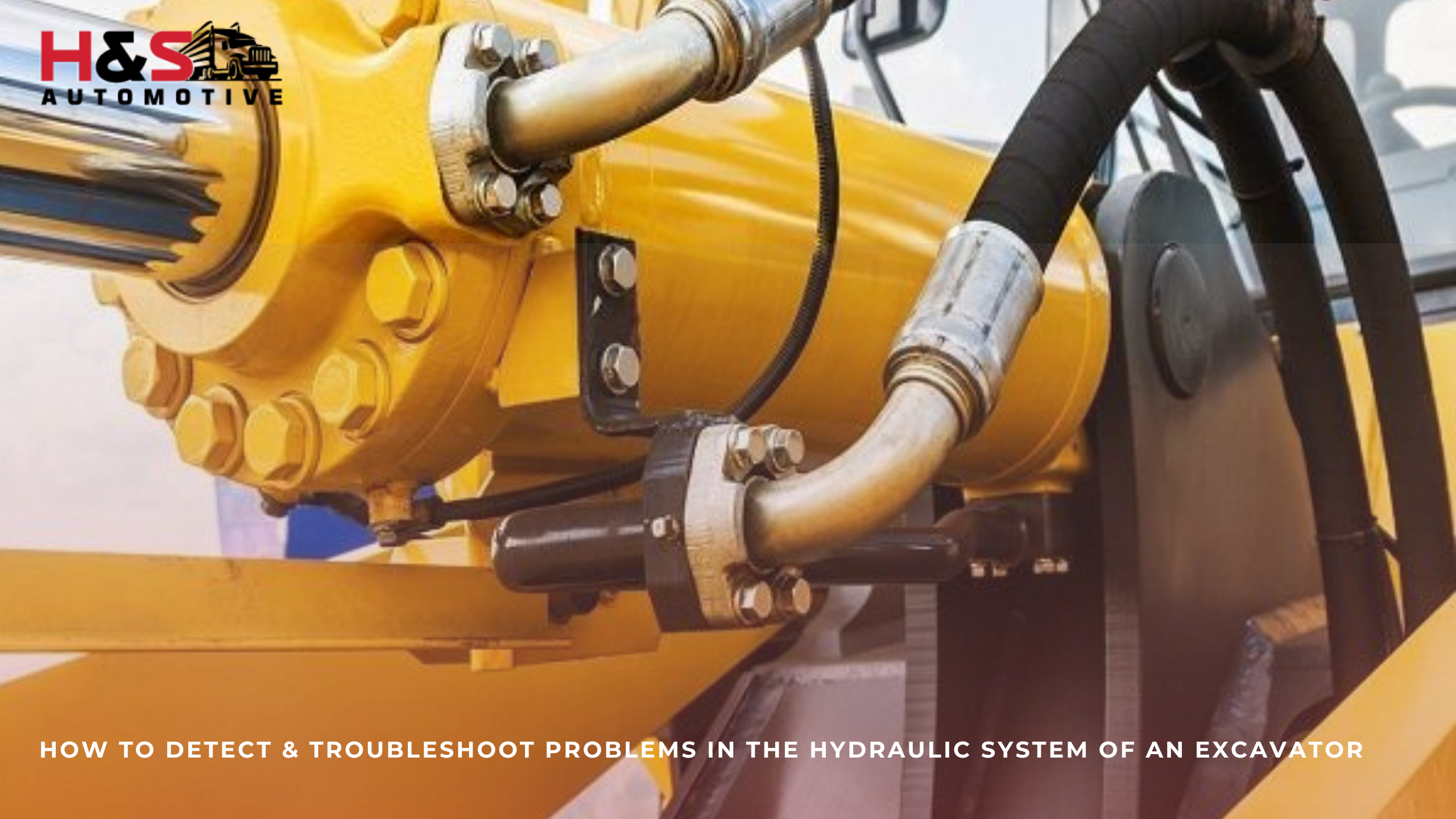
Hydraulic systems are blessings when operating heavy equipment like an excavator. Hydraulic technology makes these mammoth, heavy systems move like a breeze. However, any problem with these systems would halt the equipment’s functionality. It leads to costly downtime and work delays. All these can be avoided if you can identify the emerging problem in the hydraulic system and approach an excavator hydraulics service provider in Sydney.
Here are six common problems in the hydraulic system. If you spot any of them, getting auto-trailer rewiring in Sydney is best.
1. Contamination
External contaminants like dust, dirt, and water may impact the hydraulic system’s functionality. Although the system is built to resist these contaminants, they may impact its performance over time.
Here are a few reasons why contaminants make their way to the hydraulic system:
- Worn-out seals
- Ineffective filtration
- Soiled hydraulic fluid
Sometimes, internal components like metal shavings and rubber particles may contaminate the fluid. If not removed, they damage pumps, valves, and sensitive system parts during circulation, eventually resulting in breakdown.
Getting an excavator’s hydraulics service in Sydney at regular intervals is essential to keep the fluid clean.
2. Leaks:
Worn or damaged parts often cause leaks in the excavator’s hydraulic system. Untended cracks and punctures allow fluid to flow out, causing pressure fluctuations within the system.
If this situation is not timely addressed, it can degrade seals, causing more leakage. Ultimately, the system loses its flexibility. The vibration caused by the excavator’s movement eventually creates gaps that allow the fluid to escape. The external environment and internal pressure impact the hydraulic systems’ hoses. If they are not serviced regularly, they, too, contribute to leakage.
Regular inspection and service of the hydraulic system and auto-trailer rewiring in Sydney help nip the problem in the bud. The expert mechanic can identify the root cause of the leakage and promptly address the problem. Getting timely service and repairs saves you from major expenditures, eventual system failures, and downtime.
3. Overheating:
Prolonged use of the hydraulic system under heavy loads increases the temperature of the hydraulic system fluid. Therefore, the operator should always follow the manufacturer’s advice on how long to keep the system running. Avoid putting extra pressure on the system, as it may permanently damage its core.
Insufficient cooling and depleted fluid levels cause inadequate lubrication, creating friction between hydraulic system parts. Overheated fluids lose their viscosity, deteriorating the hydraulic system’s performance.
Avoiding overheating and maintaining fluid levels are essential to keep the hydraulic system running smoothly.
Air:
Leaks and improper bleeding cause air to enter the hydraulic system. Observing the spongy or jerky operation is a clear sign of air in the hydraulic system. The clear signs of air in the system are spongy or jerky operation. Contact hydraulics service providers in Sydney in such a situation. They will check leaks, and after repairing it, they will bleed the system properly to push the air out of the hydraulic system.
Cavitation:
Low pressure inside the system creates vapour bubbles, which damage the components and reduce the system’s efficiency. You can avoid cavitation by ensuring the fluid is adequately filled and there are no blockages or restrictions in the system.
Wear and tear:
If not maintained well, components in an excavator’s hydraulic system wear out. Therefore, follow the manufacturer’s maintenance guidelines. When required, get auto-trailer rewiring in Sydney.
Follow the recommended maintenance schedule to avoid downtime and keep your excavator hydraulic system running for a long time. This will help identify faults early, saving you from costly repairs.
H&S Automotive provides auto electrical and Mechanical services across NSW. To book service with our skilled and professional, visit hsautomotive.com.au, call 0481 199 402, send mail to [email protected] or visit 3 Vicars Pl,